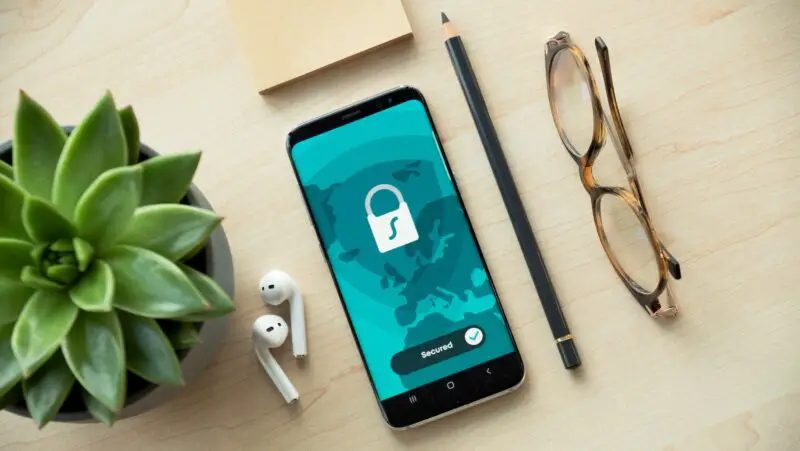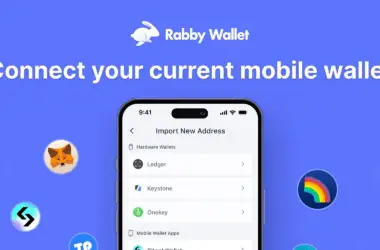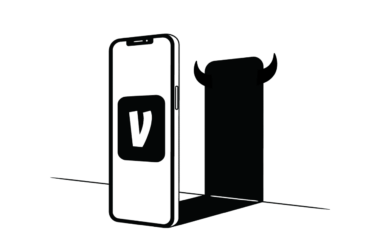Your online privacy is more important than ever in today’s digital world. Everything from the websites you visit to the messages you send are vulnerable to being seen by third parties. However, there are steps you can take to protect your personal data and improve your privacy online. Here are seven tips to help boost your online privacy:
Use encrypted messaging apps.
Apps like Signal and WhatsApp offer end-to-end encryption, which means your messages are scrambled so only you and the recipient can read them. This prevents anyone else from seeing your conversations.
Enable two-factor authentication.
Two-factor authentication, or 2FA, is an extra layer of security for online accounts that requires not only your password but also another piece of information like a code sent to your phone. Activate 2FA on all your important accounts like email, banking, and social media. For this I’ll recommend Google Authenticator, Microsoft Authenticator or just even use SMS.
Use a password manager.
It’s difficult to remember strong, unique passwords for all your accounts, but using the same password for multiple sites is a security risk. A password manager app generates and stores complex passwords for all your accounts so you only have to remember one master password. Some good free options are LastPass, Dashlane, and 1Password. My absolute favorite however, is Bitwarden. It is open source and absoulutely free.
Be cautious when using public Wi-Fi.
Public Wi-Fi networks are not secure, so avoid conducting sensitive activities like online banking or shopping when connected to them. If you do need to use a public network, use a VPN to encrypt your connection and mask your online activity.
Review privacy policies.
Pay close attention to the privacy policies of websites and apps before using them. Look for details on what personally identifiable information they collect and how they share and store that data. If their policies seem overly intrusive, avoid using that service.
Use an ad blocker.
Ad blockers prevent advertisers from tracking your activity across websites. They block ads that often contain privacy-invading trackers. Some good ad blocker options are uBlock Origin, Privacy Badger, and DuckDuckGo Privacy Essentials.
Use a secure browser. Switch from Chrome, Edge, or Safari to a more private browser like Tor or Brave. These browsers have enhanced privacy features built in to help hide your online activity and block trackers. I use Chrome with ad blocker plugin on my PC and my mobile uses Brave browser by default. That’s an easy way.
FAQs:
Do I really need to worry about my online privacy?
Yes, your personal information and online activity are valuable commodities that are frequently collected and shared by companies for advertising and profiling purposes. Protecting your privacy helps prevent sensitive data leaks and ensure you maintain control of your digital information.
Does using private browsing mode hide my online activity?
Private or incognito browsing modes only hide your activity from other local users of your device. They do not prevent your internet service provider or the websites you visit from seeing your activity. For true anonymous browsing, use a tool like Brave, or Tor browser.
Will using a VPN protect my online privacy?
A VPN, or virtual private network, encrypts your internet connection and hides your online activity from anyone monitoring the network. However, it does not hide your activity from the websites and services you use. A VPN should be used in combination with other privacy protections like an ad blocker, tracking blocker, and secure browser for the best protection. A good VPN to get started with is Windscribe.
Do privacy protections impact internet speed or performance?
Some privacy tools like VPNs or Tor can slightly impact your internet speed or browsing performance. However, for basic privacy protections like using a password manager, encrypted messaging app, ad blocker or two-factor authentication you are unlikely to see a meaningful difference in performance. Only the more heavy-duty anonymity tools tend to significantly slow down your connectivity and browsing speed.
What information should I never share online?
Never share sensitive personal information like your social security number, credit or debit card number, bank account login, or driver’s license number online unless on a legitimate secure website. Be wary of phishing emails and malicious websites aiming to trick you into entering this type of information.
Do I need to delete social media to improve my privacy?
Deleting social media accounts is an extreme step that many may not want to take, but there are other ways to boost your privacy on networks like Facebook and Twitter:
- Review and limit the personal information listed on your profile and who can see it. The less data available, the less can be collected and shared.
- Be selective about what you share and who you share it with. Not everything needs to be posted, especially sensitive or private details.
- Adjust your app and platform permissions. Remove access for unused apps and limit sharing with platforms like Facebook as much as possible.
- See what data social networks have collected about you and delete when possible. You can download your Facebook data or request info from Twitter, then delete what you do not wish to share.
- Consider using an alias or fake name, if permitted by the network terms of service. This prevents friends and family outside the network from accessing your information.
- Be wary of third-party apps and quizzes. Many siphon personal details from your network profile and friends list. Avoid installing them when possible.
- Stay on top of social network privacy policy changes. Networks frequently update their data collection and sharing rules. Make sure any changes are opt-in, and opt out if needed to maintain your desired level of privacy.
In conclusion, while the internet does present significant risks to your privacy, there are practical steps you can take to protect your personal data online. By following these tips, using encrypted tools, enabling two-factor authentication, and being more mindful of how you share your information digitally, you can navigate the web more privately and securely. Take your online privacy into your own hands and avoid becoming another statistic.








